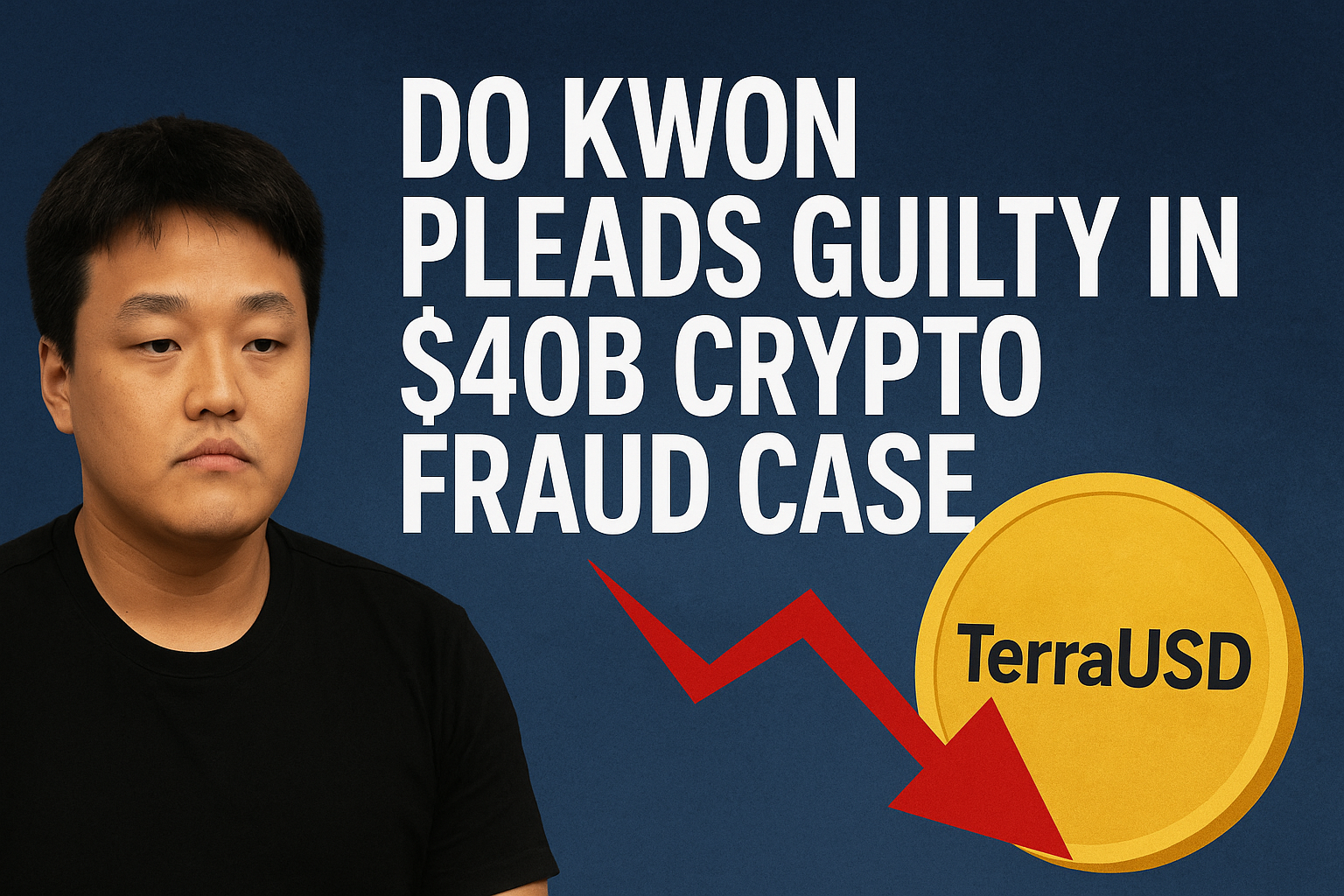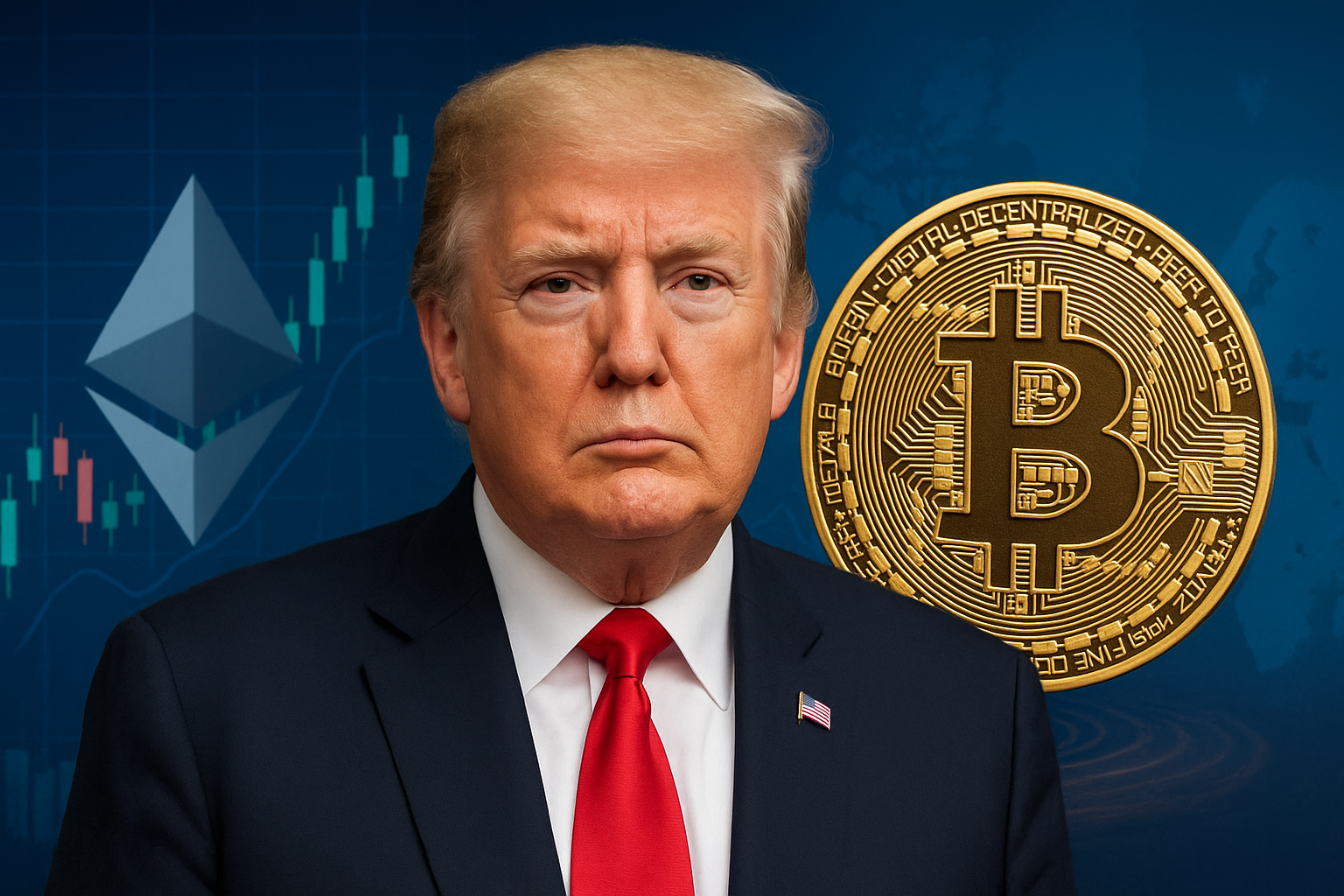
How U.S. Policy Decisions Shape the Global Crypto Industry
The United States holds one of the most influential positions in the global cryptocurrency market. As a hub for blockchain innovation, institutional investment, and trading activity, American policy decisions can ripple far beyond its borders—sometimes sending shockwaves through the entire digital asset ecosystem.
1. Market Sentiment and Price Volatility
U.S. regulatory announcements from agencies like the SEC, CFTC, or Treasury often lead to immediate price swings in Bitcoin, Ethereum, and other cryptocurrencies. Because international markets track U.S. developments closely, a single decision from Washington can trigger global sell-offs or rallies within hours.
2. Institutional Involvement
Positive Policy Moves: Approvals of crypto ETFs, clear guidelines for decentralized finance (DeFi), and supportive tax measures can encourage institutional adoption from giants like BlackRock and Fidelity.
Restrictive Measures: On the other hand, overbearing regulations may discourage traditional finance players from entering the market, stifling liquidity and growth.
3. Innovation and Business Location
Regulatory clarity can attract blockchain startups to operate in the U.S., boosting innovation and job creation. However, overly strict rules can push these companies to relocate to more crypto-friendly jurisdictions, diminishing America’s role in shaping blockchain’s future.
4. Legal Precedents and Global Influence
High-profile court cases, such as the ongoing Ripple vs. SEC battle, set precedents that influence not only domestic policy but also how other countries regulate cryptocurrencies. The classification of digital assets as either securities or commodities has major implications for compliance and oversight.
5. Taxation and Compliance
IRS guidelines on crypto gains, staking rewards, and mining income directly affect retail investor participation. Additionally, tighter Know Your Customer (KYC) and Anti-Money Laundering (AML) requirements could reshape the way decentralized exchanges and privacy coins operate.
Conclusion
U.S. policy decisions act as both a barometer and a catalyst for the global crypto industry. Supportive regulations can unlock new waves of adoption, while restrictive measures can slow innovation and push activity offshore. For traders, investors, and blockchain entrepreneurs, staying informed about American regulatory developments is not just smart—it’s essential.



